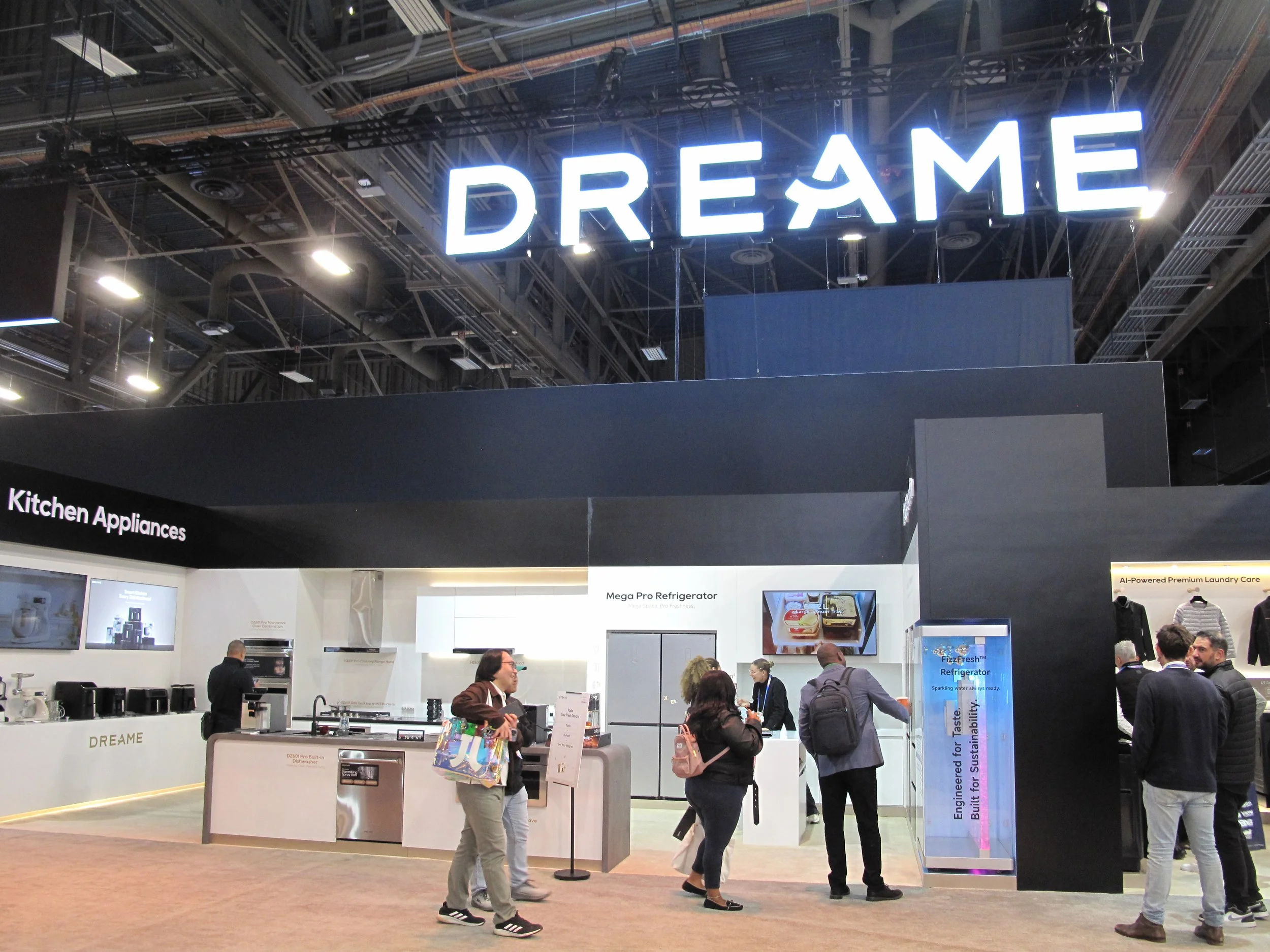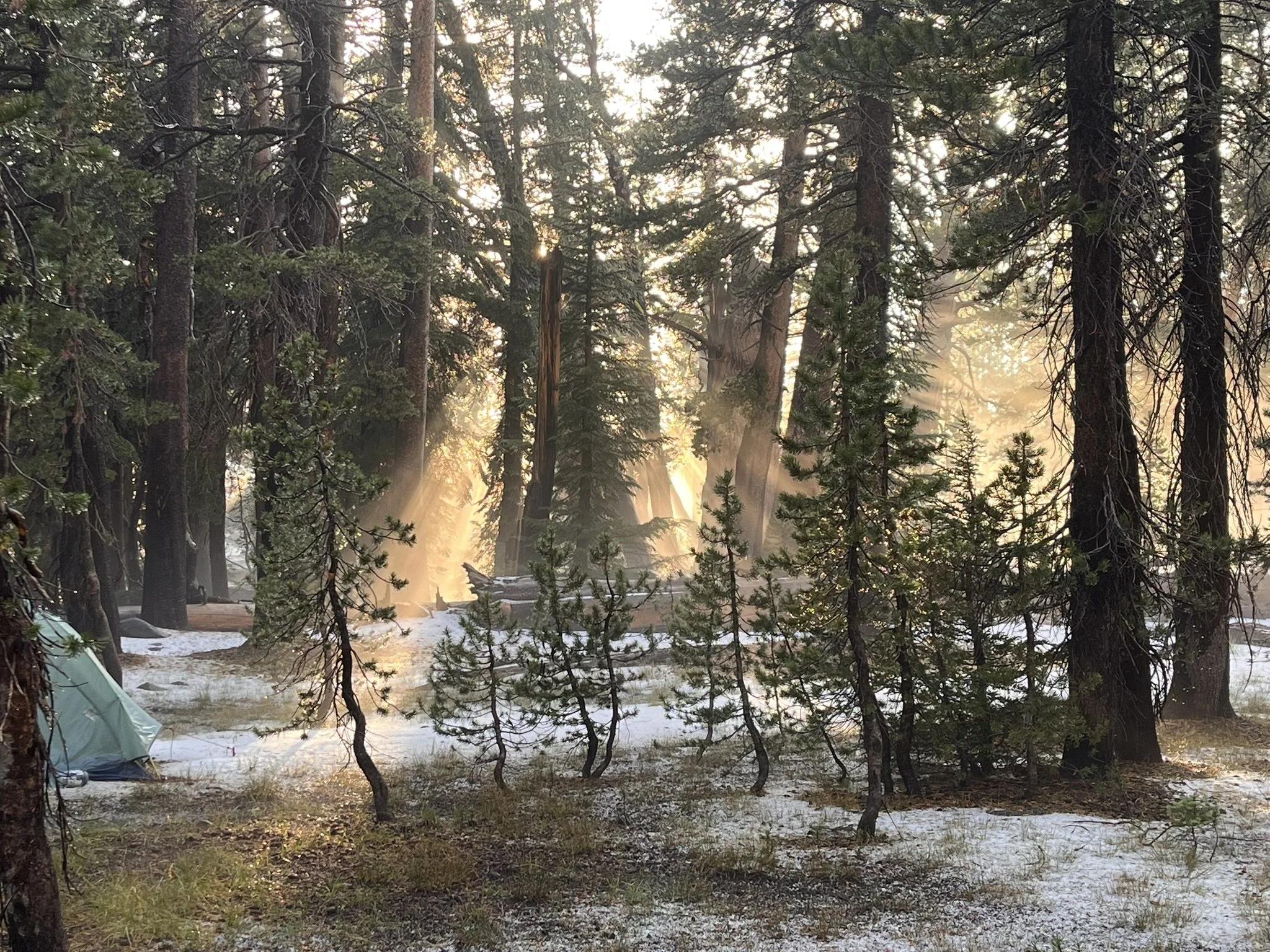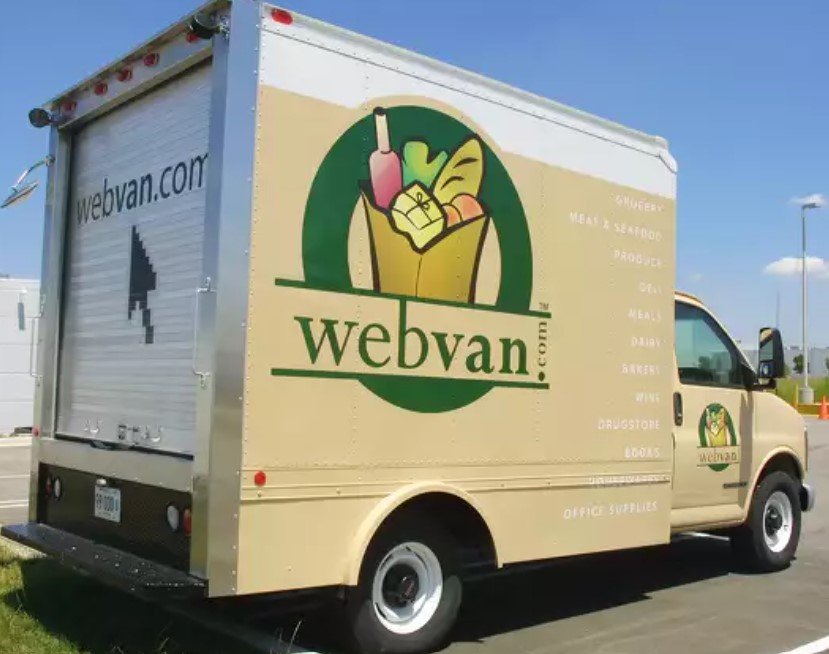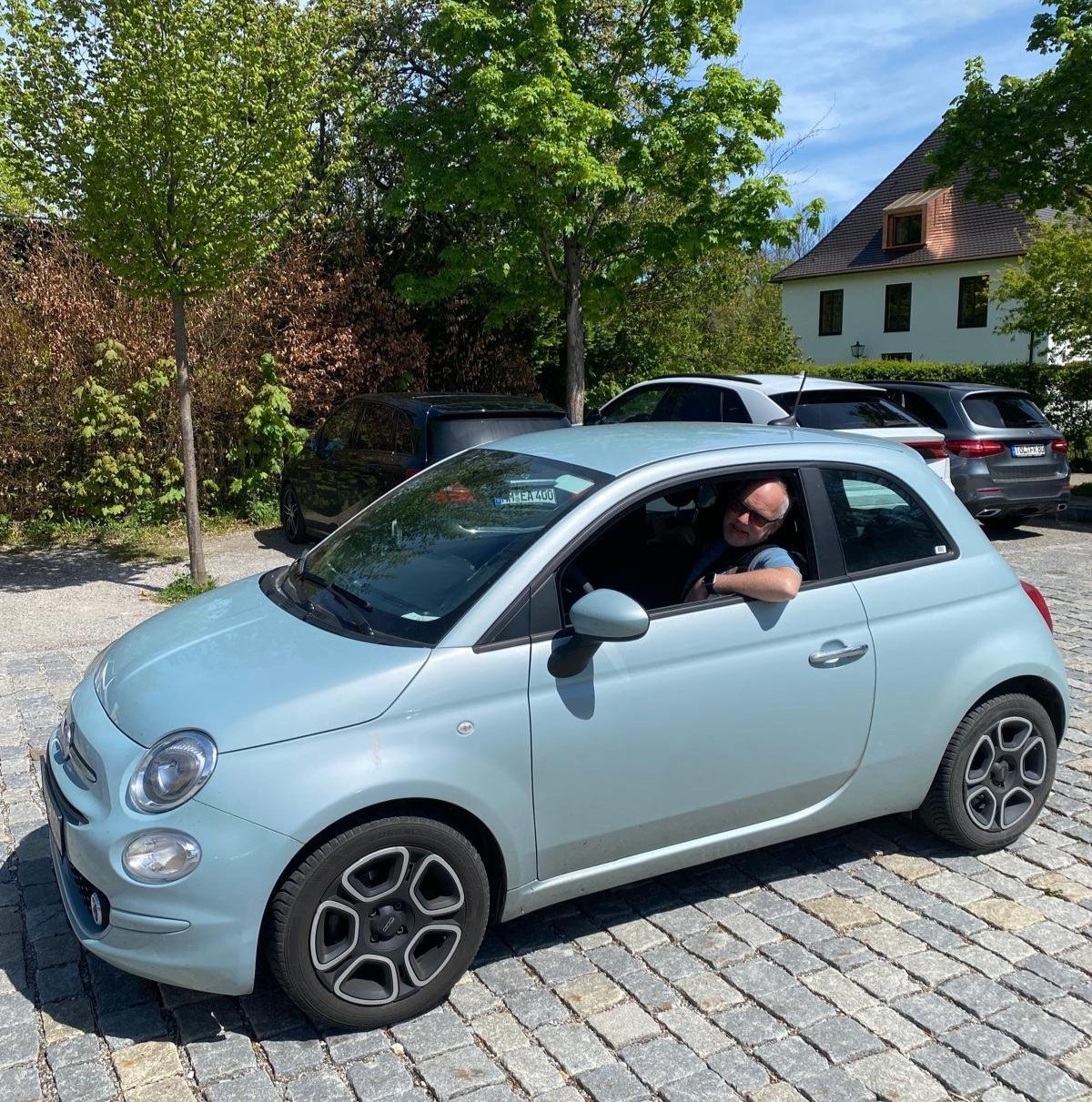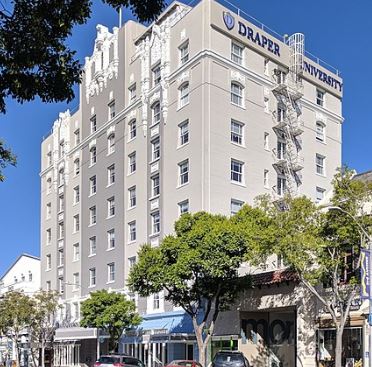Peak Silicon Valley?

At one of the ubiquitous networking meetings here, the moderator moves to the “Audience Q&A” of the panel discussion and my eyes drift to the smartphone – processing the received junk emails somehow seems more interesting… Invariably, someone asks the obvious question that you hear at every panel discussion – “Is AI going to replace my job?”, or “Are we near the top of the investment bubble?” Queue the eye-roll.
The question I never hear is, “Are we still #1?”. Outside Silicon Valley, people seem obsessed with predicting when, how, and why Silicon Valley will lose its dominance in the innovation space. Last month, KPMG released a report predicting that Silicon Valley will no longer be the technology innovation center of the world within the next four years. Every few days, I receive another email news link, announcing the next Silicon Valley – be it Toronto, New York City, Austin, or China’s aspirational Greater Bay Area. Heck, someone even thinks a couple of cities in Europe may have a shot :-)
Silicon Valley has its problems, including traffic congestion, high housing costs, the “bro” culture, and an increasing bifurcation of society into those holding high-paying tech jobs – and everyone else who is serving them. A lot of these problems can be attributed to the big migration of jobs and residents into our area over the past seven years. That growth has stopped – net domestic migration is now negative, while net foreign immigration is still strongly positive, zeroing out the overall effect in either direction. Bottom line, some current residents are leaving for other parts of the United States, while foreigners are still attracted to establishing a base in Silicon Valley.
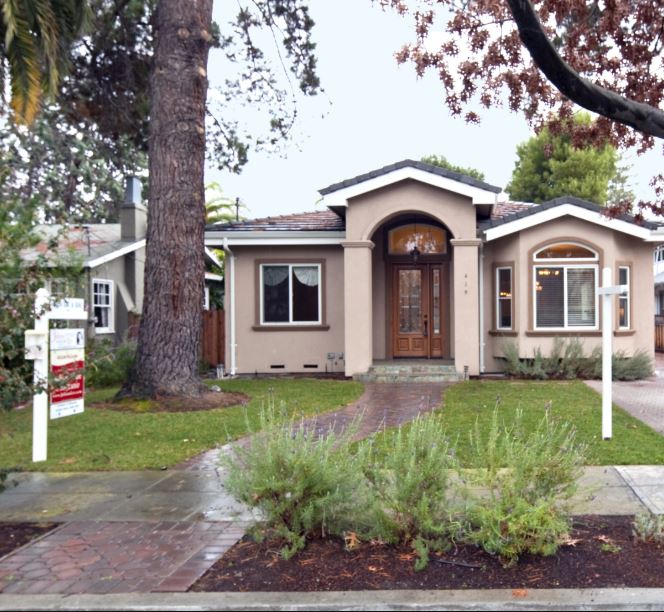
Traffic and housing costs don’t affect all tech workers the same way. Those that have lived here for decades have lower mortgage payments and due to California Proposition 13, their property tax bill is a fraction of what the new arrivals pay. The “old timers” also have a shorter commute – they bought into Palo Alto, Mountain View, and Cupertino when it was far more affordable. This has always been a key attraction to living in Silicon Valley – you can make a long career working at a string of hot tech companies – and never need to move your residence. So who, then, is moving away from the area? I would expect it’s the more recent arrivals who are getting disillusioned by the high housing costs and the lack of work/life balance. A similar phenomenon occurred during 2001-06. It seems that the so-called Seven Year Itch applies to Silicon Valley living as well as your marriage...
Will we still be #1 in four years? I believe we will, for decades longer, and of course my consulting business is counting on it. But most of our tech residents would say, “Who cares!” Silicon Valley is attractive for its risk-taking culture, the diversity of ideas, and the openness to disruption. The weather and natural beauty help, too, of course. Whether the newcomers stay or move out over the next ten years, our tech community will still be innovating, because we like doing it. We never applied for nor claimed the “#1” trophy, we were too busy getting our startups funded and scaled up. And we’re busier than ever, so most people here wouldn’t even notice if you took that trophy away…
Check out the Blog Archive:
